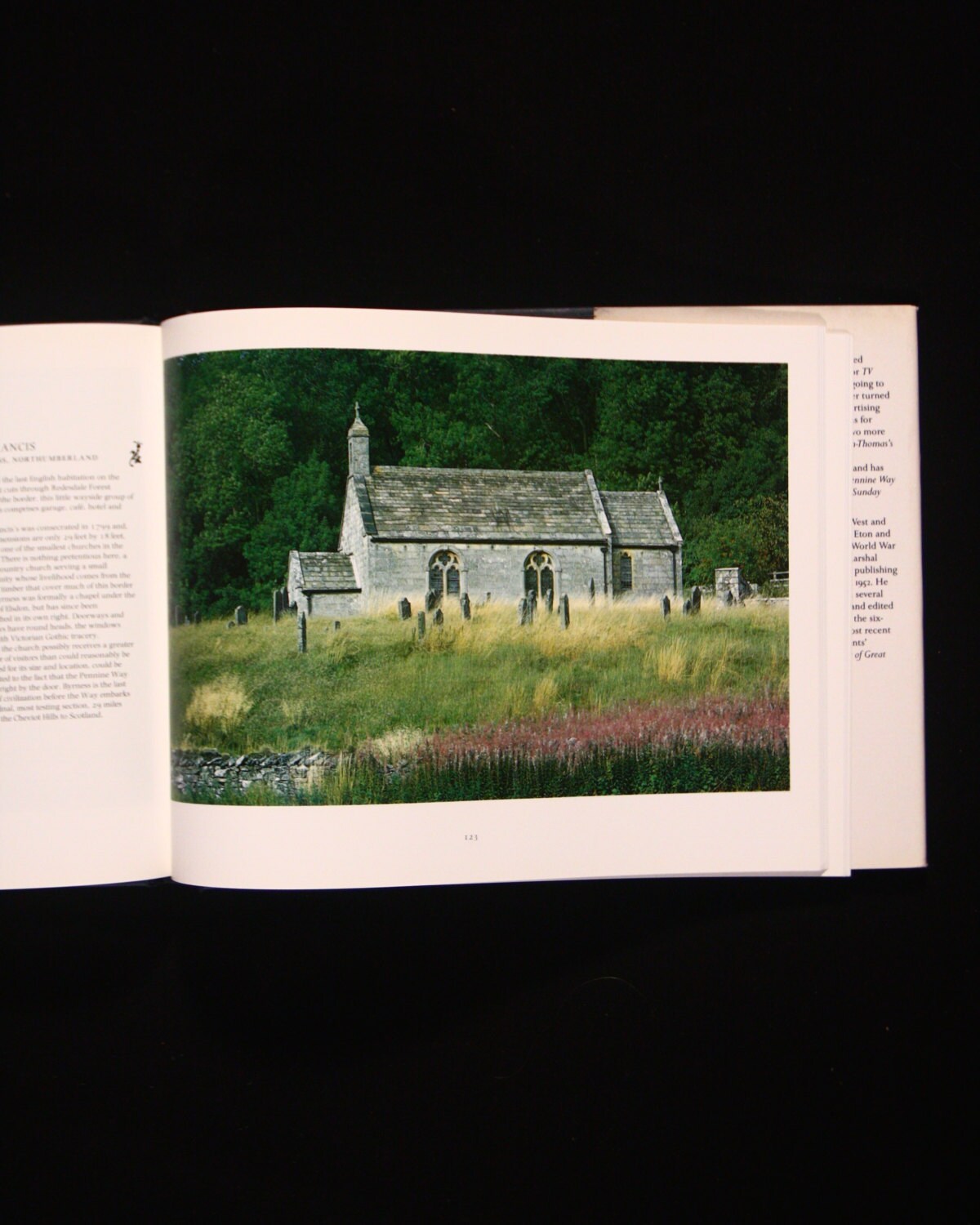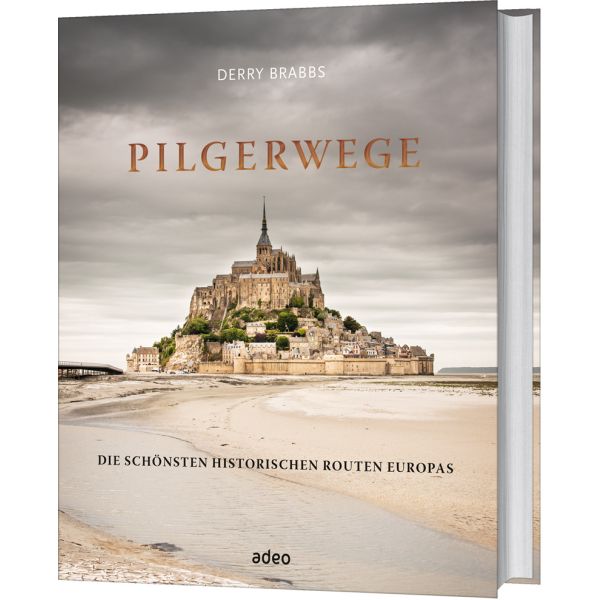

Pilgrimage in Europe is thriving on a massive scale.

The Roads to Santiago: The medieval pilgrim routes through France and Spain to Santiago de Compostela by Derry Brabbs is published by Frances Lincoln (£30 (Church Times Bookshop £27) 978-0-7112-2706-4).Ten historic pilgrim routes of Western Europe, inspiration for today's long distance walker.

However, I am resolved to make at least one of the journeys on foot before my joints finally seize up for good. One’s mind and body need time to adjust to life on the road, and those who can devote that time will be amply rewarded by a rich palette of stunning landscapes, imposing Gothic cathedrals, and atmospheric village churches, many of which may be dedicated to little-known saints but were once important places of pilgrimage in their own right.įortunately, walking is not compulsory on the roads to Santiago de Compostela, and I have to confess that the constraints of a publishing deadline and heavy camera equipment meant that I drove the thousands of miles necessary to complete this book.

It was sad to see so many people on the road tramping resolutely along with heads down, earphones in place, and quite oblivious to their surroundings, concerned only with knocking off that day’s designated number of kilometres. But opting for that minimum requirement is to entirely miss the point of undertaking such a journey. Pilgrims actually need only to have walked the last 100 kms to Santiago to fulfil their obligation and reap the appropriate spiritual rewards. It was from there that Bishop Godescalc made the first recorded pilgrimage to Santiago in AD 951. Many opt to start their journey from the foothills of the Pyrenees, but the four chief routes across France, which converge near the Spanish border, are rapidly gaining in popularity, particularly the Via Podiensis that begins from the cathedral of Notre-Dame in Le Puy-en-Velay. The concept of Christian pilgrimage is associated by many with a bygone, less enlightened age but increasing numbers are once again taking to the roads across France and northern Spain towards the shrine of St James the Apostle, the third most important place of pilgrimage in Christendom after Jerusalem and Rome. I was moved by the unquestioning faith and fear that drove people to endure the hardships of such a journey - but also to manifest their love and devotion through the building of some of the finest religious architecture in Western Europe. I DISCOVERED the existence of the medieval pilgrim routes to Santiago de Compostela almost by chance two decades ago.


 0 kommentar(er)
0 kommentar(er)
